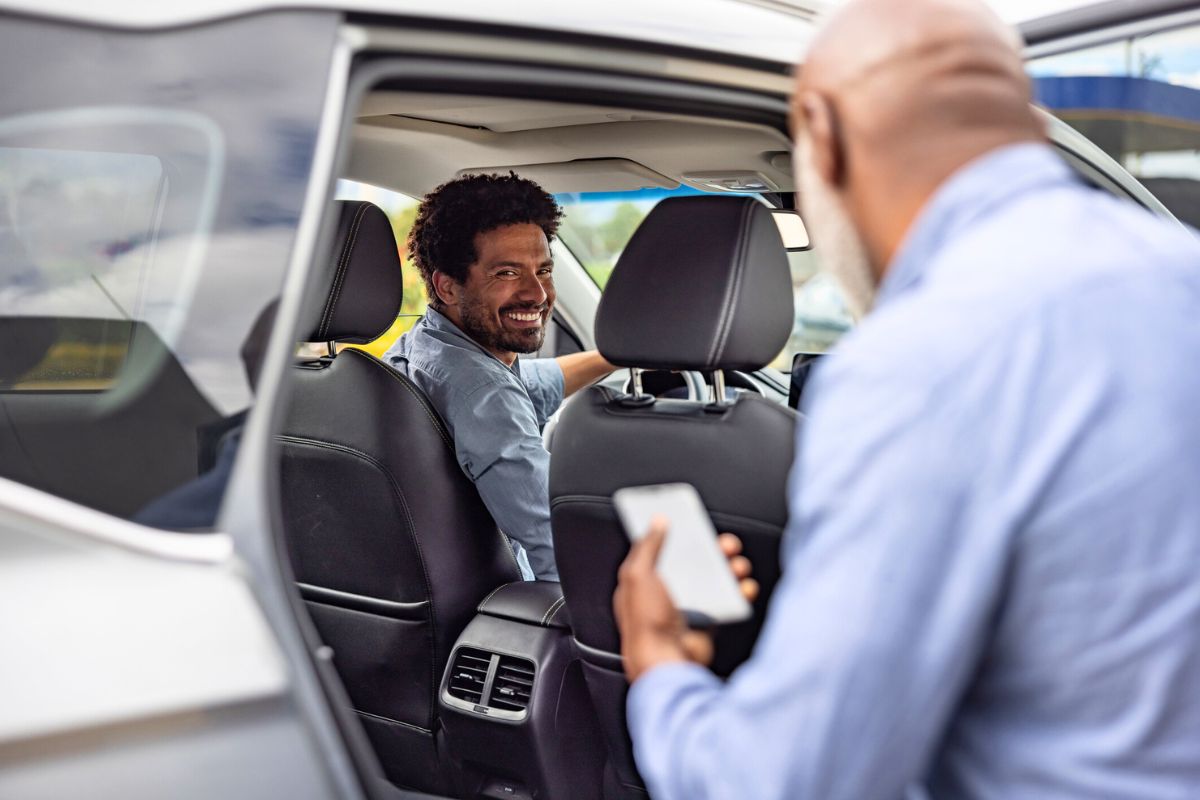Two recent launches from tech and transportation titan Uber aim to make being independent and on the go easier for older adults. The company published a press release on June 4 about its new accessibility features for seniors. Through a Senior Account or Simple Mode, an older adult will have fewer buttons to press to get where they need to go. They’ll be able to book rides and save places they frequently visit. Also, the display will include enlarged text. Senior accounts and Simple Mode are already accessible in the United States, and Uber says they will soon be launched in a little under 10 other countries.
A close contact will have to invite their older loved one onto their family profile to establish a senior account for them. Unique aspects of a senior being on a family profile include the ability for their close contacts to book rides for them, track their rides, communicate with their drivers, and help manage their account. Uber will also provide the senior’s trusted close contact with updates on ride delays.
An older adult can also enjoy the accessibility and convenience of a senior account without being on a family profile. They’ll just need to turn on “simple mode” on their Uber account.
The company noted that senior accounts and those on simple mode can use a Medicare Flex card to pay for “eligible medical rides.” Other ways to pay include a senior’s personal bank card, or that of the loved one who helped set up their senior account.
What Else Is There To Know About Uber’s Senior Accounts And Simple Mode ?
“We developed senior accounts and Simple mode in partnership with aging advocates, accessibility experts, and input from older adults themselves to ensure it better meets their needs,” said the June 4 press release.
“Transportation is one of the biggest barriers to independence as people age,” noted Silvia Candamil Neira, Vice President, Global Initiative on Aging and Longevity. “Solutions like Uber’s senior accounts help break down that barrier by offering a simple and flexible way for older adults to get where they need to go—without always having to rely on others. It’s about dignity, freedom, and staying connected to the people and places that matter most.”





